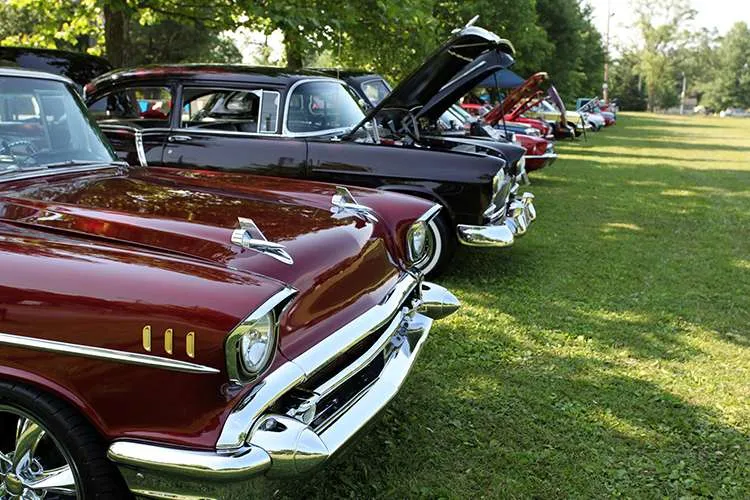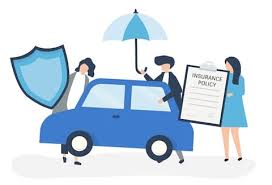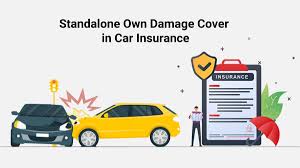Understanding Classic Car Insurance
Advertisment
Understanding Classic Car Insurance
Classic cars hold a special place in the hearts of many enthusiasts and collectors. They represent a bygone era of automotive design and engineering, often valued not just for their beauty but also for their historical significance. However, owning a classic car comes with unique considerations, especially when it comes to insurance. Understanding classic car insurance is essential for protecting your investment and ensuring you have the right coverage. In this article, we’ll explore what classic car insurance is, how it differs from standard auto insurance, and what to consider when selecting a policy.
What Is Classic Car Insurance?
Classic car insurance is a specialized type of insurance designed to meet the needs of classic, vintage, and collector vehicles. While standard auto insurance policies provide basic coverage for everyday cars, classic car insurance offers tailored protection that acknowledges the unique value and usage patterns of classic cars.
Key Features of Classic Car Insurance
- Agreed Value Coverage: Unlike standard auto insurance that typically uses actual cash value (ACV) to determine payouts, classic car insurance often operates on an agreed value basis. This means that you and the insurer agree on the value of the car before the policy is issued. In the event of a total loss, you will receive the agreed-upon amount, rather than a depreciated value.
- Usage Limitations: Many classic car insurance policies come with specific usage restrictions. Insurers often require that the vehicle be used primarily for pleasure, shows, or exhibitions, rather than for daily commuting. This lower mileage usage typically results in lower premiums.
- Specialized Coverage Options: Classic car insurance can include additional coverages that standard auto insurance may not offer, such as coverage for spare parts, custom modifications, and classic car shows. These options help protect the unique aspects of classic cars that contribute to their value.
- Lower Premiums: Because classic cars are often driven less frequently and are usually stored securely, insurers may offer lower premiums compared to standard auto policies. However, this can vary based on the vehicle’s value, condition, and your driving history.
How Classic Car Insurance Differs from Standard Auto Insurance
While both classic car insurance and standard auto insurance provide coverage for vehicles, there are several key differences:
1. Value Assessment
- Classic Car Insurance: Uses agreed value coverage, which reflects the true worth of the vehicle as determined by the owner and the insurer.
- Standard Auto Insurance: Typically uses actual cash value (ACV), which considers depreciation and market value at the time of the claim.
2. Coverage Scope
- Classic Car Insurance: Often includes specialized coverage options tailored to classic vehicles, such as coverage for restoration costs, spare parts, and event participation.
- Standard Auto Insurance: Generally covers basic liability, collision, and comprehensive risks without the specialized options for collector cars.
3. Usage Restrictions
- Classic Car Insurance: Usually requires that the vehicle be used for pleasure, with mileage limits that reflect this restricted use.
- Standard Auto Insurance: Provides coverage for vehicles used for daily commuting and general transportation without restrictions on mileage.
What to Consider When Choosing Classic Car Insurance
When selecting classic car insurance, keep the following factors in mind:
1. Vehicle Valuation
Ensure you have a clear understanding of your classic car’s value. Consider obtaining an appraisal from a qualified expert to establish an accurate agreed value. This documentation can be vital in case of a claim.
2. Coverage Options
Review the specific coverage options offered by different insurers. Look for policies that include features like spare parts coverage, transportation to car shows, and protection for custom modifications. Tailor the coverage to your specific needs and usage.
3. Insurer Reputation
Research potential insurers and read reviews from other classic car owners. Look for companies that specialize in classic car insurance and have a strong reputation for customer service and claims handling.
4. Discounts and Benefits
Many insurers offer discounts for various factors, such as having a multi-vehicle policy or completing a classic car safety course. Inquire about any available discounts that could help reduce your premiums.
5. Claims Process
Understand the insurer’s claims process and how they handle classic car claims. A streamlined and efficient claims process is essential for minimizing stress in the event of an accident or loss.
Advertisment








Post Comment